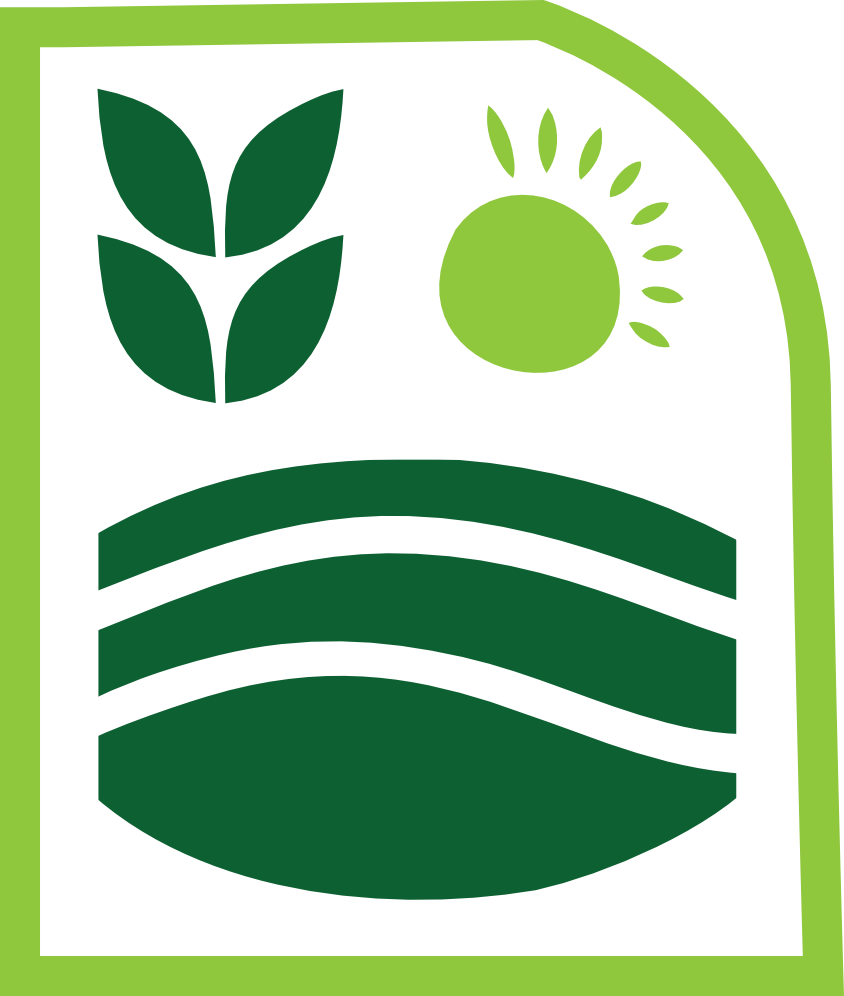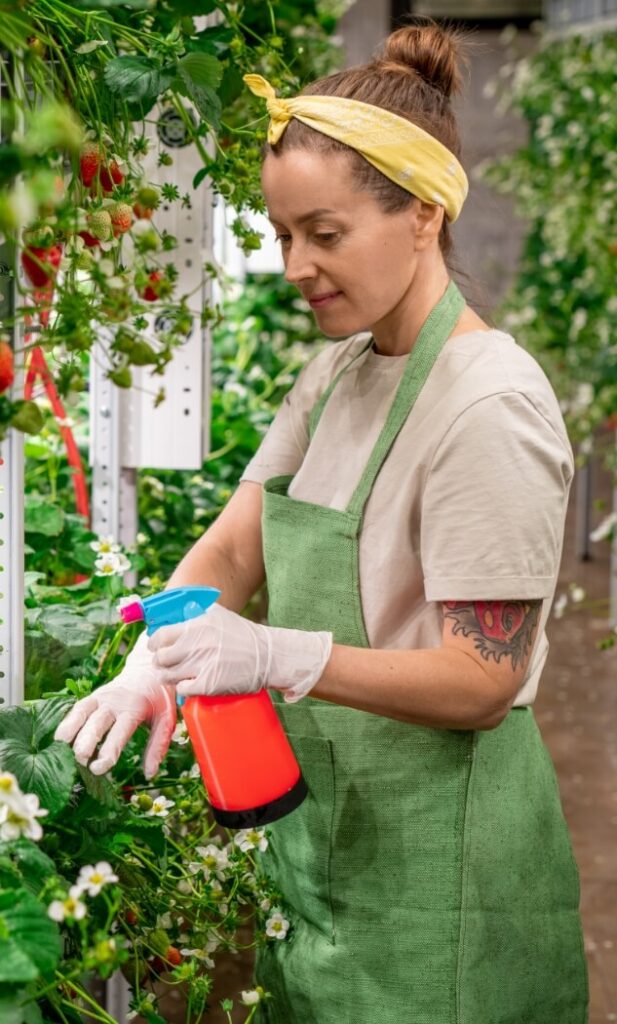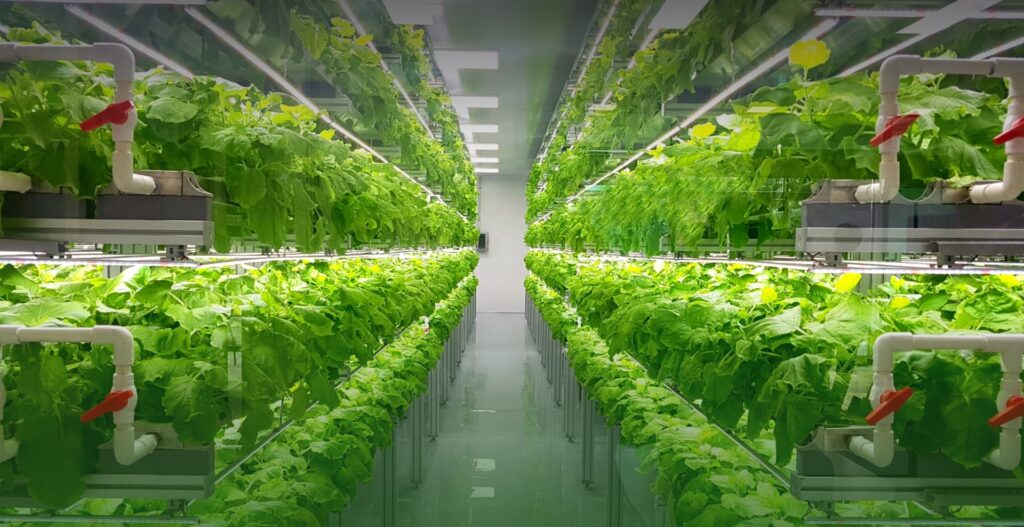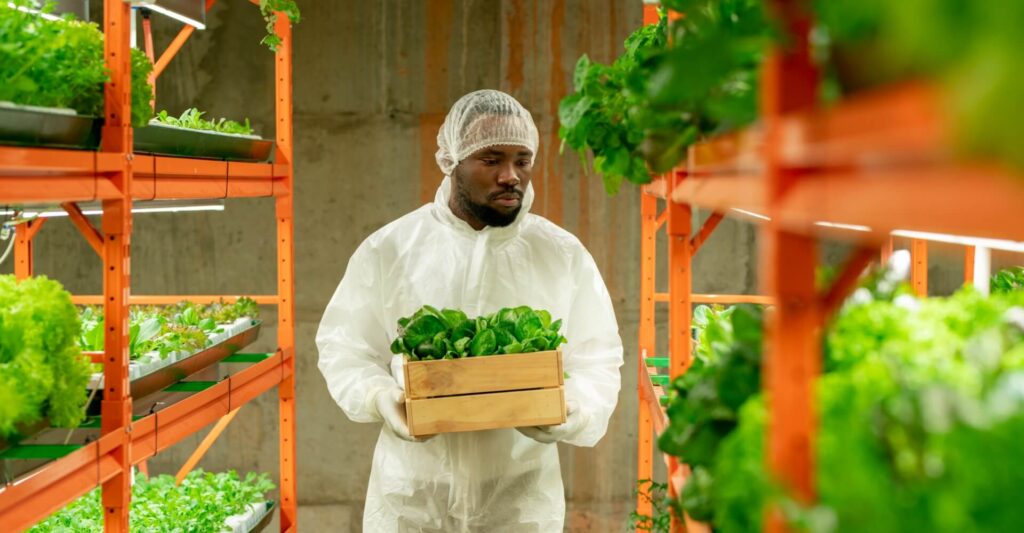- Admin
- No Comments
Farming without chemicals: modern eco-friendly technologies
Women have always been a cornerstone of agriculture, yet they often face systemic barriers that limit their access to resources, training, and leadership roles. According to the Food and Agriculture Organization (FAO), women in developing countries make up an estimated 43% of the agricultural labor force. In some regions, they are the backbone of food production, but unequal access to land, finance, and technology hinders their productivity. Research indicates that if women had the same access to agricultural resources as men, farm yields could increase by 20-30%, improving food security for millions. Recognizing this, Soilless Farm Lab (SFL) in partnership with the Mastercard Foundation is actively working to change the narrative through its Enterprise for Youths in Agriculture (EYiA) initiative.

Bridging the Gap Through Training and Inclusion
SFL has embedded gender inclusivity into its core programs to empower women in agriculture. One notable step is the expansion of the age eligibility for female participants. While men can enroll between the ages of 18-29, women are allowed to join until the age of 35, acknowledging the unique challenges many face, such as delayed career starts due to caregiving responsibilities. The three-month intensive training focuses on hydroponics, agribusiness management, and digital marketing—equipping participants with the tools they need to run sustainable agricultural businesses. This completely free training also provides free soilless kits for each participant and a comfortable environment for them to gain these valuable skills.

The impact of this initiative is already visible in the stories of its beneficiaries. Take Hannah Rotimi-Williams, for instance, who leveraged her EYiA training to launch a successful rabbit farming business while also championing gender-focused programs. Similarly, Hosanna Chika has utilized her skills to create school-based awareness initiatives that encourage young girls in Aba, Nigeria, to explore careers in agriculture. The immersive learning experience in SFL’s Ogun State training hub fosters collaboration and hands-on experience, ensuring that women gain not just skills but also confidence in their entrepreneurial abilities.
Sustained Mentorship and Career Advancement
Beyond training, SFL offers structured mentorship, business consulting, and career development to help women transition into long-term careers in agriculture. Graduates receive two years of guidance, ensuring they can scale their agribusiness ventures and navigate industry challenges. Success stories like Funmi, who now works as a farm manager and soil scientist at Greenport Nigeria, underscore the effectiveness of this approach.
Women from the program are also stepping into leadership roles, influencing policies, and driving industry change. Hannah Rotimi-Williams, for example, now serves as the Gender and Protection Lead on the Mastercard Foundation Alumni Committee, advocating for policies that foster gender equality in agribusiness. By embedding gender inclusivity into its mission, SFL is not just training women but equipping them to lead and transform agricultural landscapes.
The Rise of Women-Led Agricultural Enterprises
A crucial component of SFL’s strategy is fostering women-led agricultural enterprises. The program’s emphasis on shared farms and collaborative production models provides women with opportunities to co-own businesses, gain financial independence, and scale their operations. By ensuring women thrive in traditionally male-dominated spaces, SFL is driving long-term transformation in the agricultural sector.
By investing in women, we can unlock Africa’s agricultural potential and drive inclusive economic growth. To learn more about SFL’s programs or to partner with us, visit Soilless Farm Lab today.
Through these initiatives, Soilless Farm Lab is not only equipping women with the skills to succeed but also amplifying their voices in shaping Africa’s agricultural future. With every woman empowered, the industry moves one step closer to inclusivity, sustainability, and prosperity for all.




